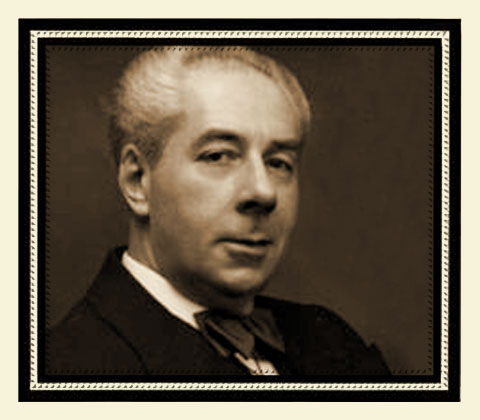Neuilly-sur-Seine, France, 1881 — Bellême, France, 1958
Writer, Nobel Prize for Literature
Descendent of a family of conservative Catholic lawyers and magistrates, his early vocation as a writer was awoken by the novel War and Peace, by Tolstoy, although he graduated as archivist and palaeographer at the traditional École des Chartes. His preoccupation with recording the details and relationships between social reality and people’s development marked his position as heir of 19th century realism and naturalism. He also dealt with the Dreyfus Affair in the novel in the form of a dialogue, Jean Barois. In 1920 he began to conceive plans for a large novel about a family, called Les Thibault.
In 1935 he was with Zweig in Nice. In 1936 the volume L’Été 1914 was published, about which Zweig wrote an essay, hence bringing them further together. This growing friendship also coincided with the progressive distancing of his master, Romain Rolland. The clear analysis of the world situation before the outbreak of war and his pacifism earned Du Gard the Nobel Prize for Literature in 1937.
Du Gard and Zweig met for the last time in April 1940, at the house of Julien Cain (Paul Valéry was also present), when Zweig went to Paris to give talks in theatres and on the radio. In 1941, Editora Globo from Porto Alegre invited du Gard to settle in Brazil, offering him a monthly stipend. The novelist preferred to remain in Nice besieged by the Nazis rather than launch himself into the unknown. A letter from du Gard to Zweig in Petrópolis in early January 1942 contributed, in a way, to consolidating the decision to commit suicide. Zweig mentioned it in moving terms for several weeks in conversations and correspondence. His friend foresaw a new order where a whole generation of them would have nothing to contribute. Zweig agreed with him in the phrase “we should disappear from the scene”.
After the worldwide conflict, du Gard withdrew from Paris literary life and fell into neglect. But he still lived long enough to see the publication of his complete works with a preface full with praise by Albert Camus in the classic Bibliothèque de la Pléiade, in 1955.
Address listed: Grand Palais, 2 Boulevard de Cinnez (?), Nice
